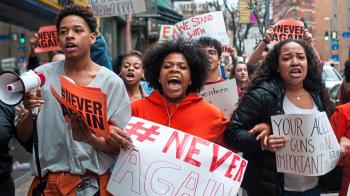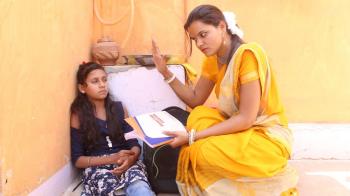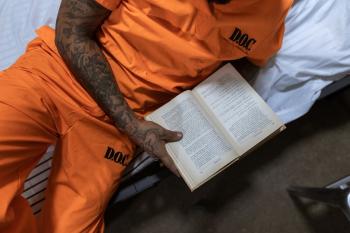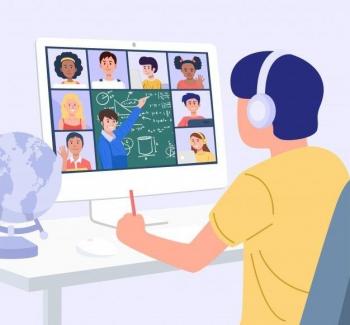Black Youth Are Ready to Lead – Why Aren't Schools Helping Them Change the World?

Black Youth Believe in Their Power to Create Change – So Why Aren't Schools Supporting Them?
What happens when a generation of Black youth believes deeply in their ability to transform society, yet the very institutions meant to prepare them fail to nurture that potential? How can schools shift from being obstacles to becoming catalysts for Black student empowerment? These urgent questions lie at the heart of a growing disconnect between Black youth activism and traditional education systems.
The Confidence Gap: Black Youth Believe, Schools Doubt
Research consistently shows that Black youth possess remarkable confidence in their ability to drive social change. A 2021 study by the Black Youth Project found that 76% of Black youth believe they can make a difference in their communities. Yet this optimism often collides with school environments that prioritize compliance over critical thinking and activism.
Take 17-year-old Jamal from Chicago, who organized a voter registration drive at his high school. Despite his initiative, administrators labeled him as "disruptive" when he tried to discuss systemic racism in class. This contradiction between students' self-belief and institutional resistance creates what educators call the "confidence gap."
How Traditional School Structures Suppress Activism
Modern schools often operate on century-old models that reward passive learning. Key suppression mechanisms include:
- Standardized testing focus: Leaves little room for discussions about social justice
- Discipline disparities: Black students are 3.8x more likely to face suspension
- Eurocentric curricula: Only 8% of history class time covers Black experiences
The case of New Orleans' youth-led Katrina recovery efforts demonstrates what happens when these barriers are removed. Students who participated in community rebuilding projects showed 27% higher civic engagement than peers in traditional programs.

The Transformative Power of Culturally Relevant Education
Schools that successfully nurture Black youth leadership share three key characteristics:
- Curriculum that centers Black history and contemporary issues
- Pedagogy emphasizing critical thinking over rote memorization
- Administrative support for student-led initiatives
At Oakland Unified School District, the African American Male Achievement program has increased graduation rates by 18% through culturally responsive teaching. Students lead community forums and design solutions to local problems as part of their coursework.

Real-World Models of Youth Empowerment in Action
Several programs demonstrate how to bridge the gap between Black youth's potential and school support:
- Youth Organizing Programs: Like those run by the Urban Youth Collaborative in NYC
- Social Justice Electives: Such as Philadelphia's pioneering course on mass incarceration
- Community Partnership Models: Like Chicago's reciprocal learning programs
These initiatives prove that when schools validate students' lived experiences and provide platforms for leadership, academic outcomes and civic participation rise together.

Overcoming Institutional Resistance to Change
Transforming schools into incubators for Black youth leadership requires addressing:
- Teacher preparedness (only 38% of educators feel trained for social justice teaching)
- Assessment systems that value activism as highly as test scores
- Funding models that support community partnerships
Districts like Baltimore County have begun implementing "change agent" rubrics that assess students' civic contributions alongside traditional academics.

A Blueprint for Schools That Empower Black Youth
The path forward is clear but requires courageous action:
- Replace punitive discipline with restorative justice programs
- Develop curricula co-created with Black students and communities
- Train educators in culturally sustaining pedagogies
- Allocate resources to student-led social action projects
As Freedom Schools demonstrated during the Civil Rights Movement, education that honors Black youth's agency can transform both individuals and society. The question isn't whether Black youth can lead change—it's whether schools will finally catch up to their students' vision.







